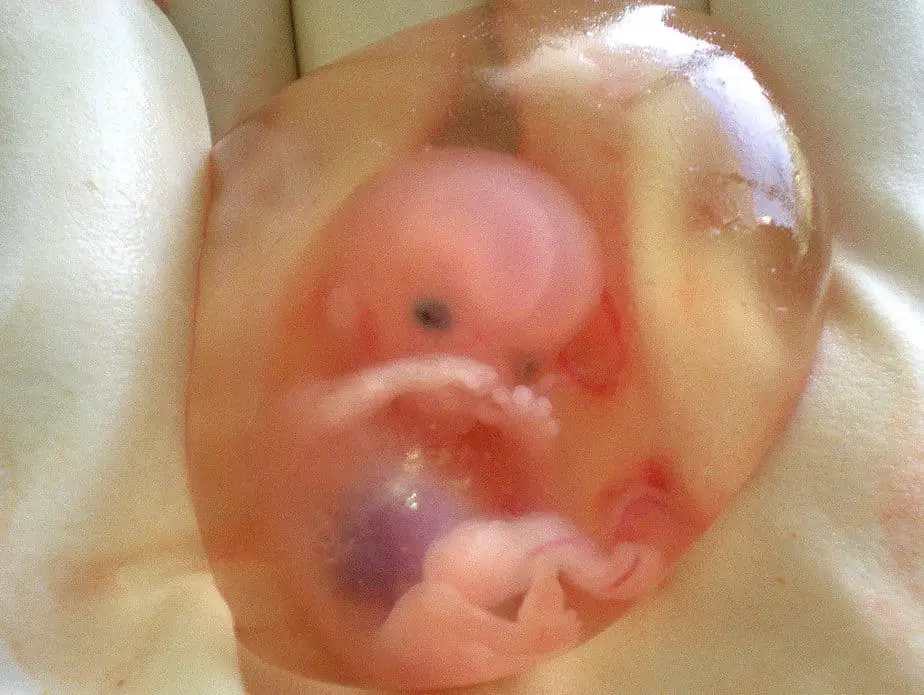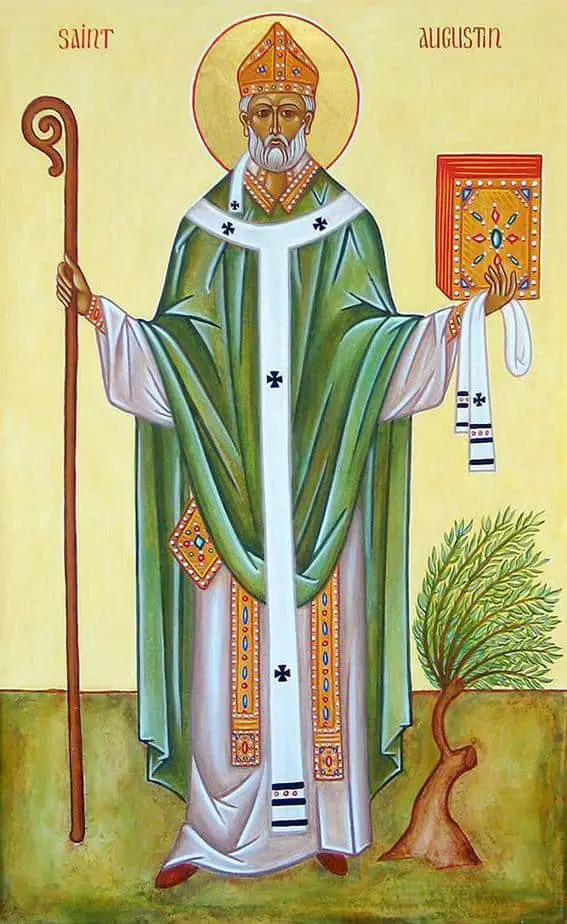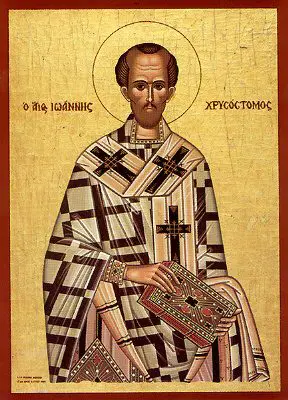Elder Thaddeus of Vitovnica: Will the Lord forgive those women who have had multiple abortions but have sincerely repented? . . .

Q. Will the Lord forgive those women who have had multiple abortions but have sincerely repented? What can they do to redeem their sin?
A. A woman who destroys the fruit of her womb commits a great sin. She is destroying life itself, for God alone is the Giver of life and He makes possible the conception of a human being in the womb. He gives life and a woman destroys it. Great repentance is necessary, from the depths of her soul. She must change and never commit this sin again. Otherwise, she will be condemned as a murderess. No creature on earth kills its young–only man, the rational being. This is a great sin, and if a woman does not repent from the depth of her soul, she will be condemned as a murderess. Will she pass through the toll-houses? There is no sin that cannot be forgiven but the sin of unrepentance. True and sincere repentance is required for such a sin, and it must never be repeated again.
+ Elder Thaddeus of Vitovnica, Our Thoughts Determine Our Lives





